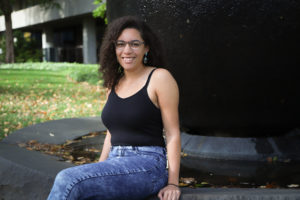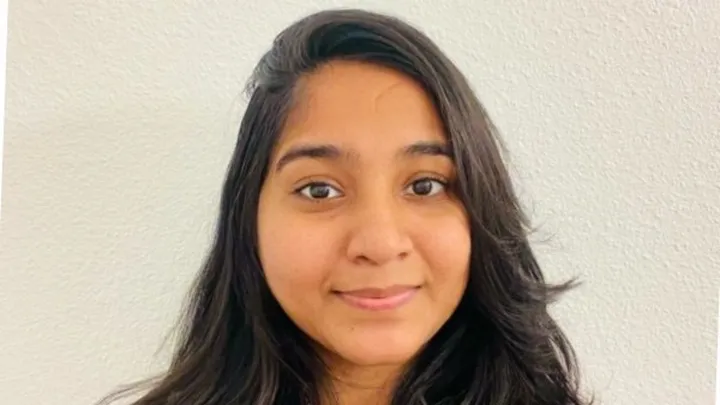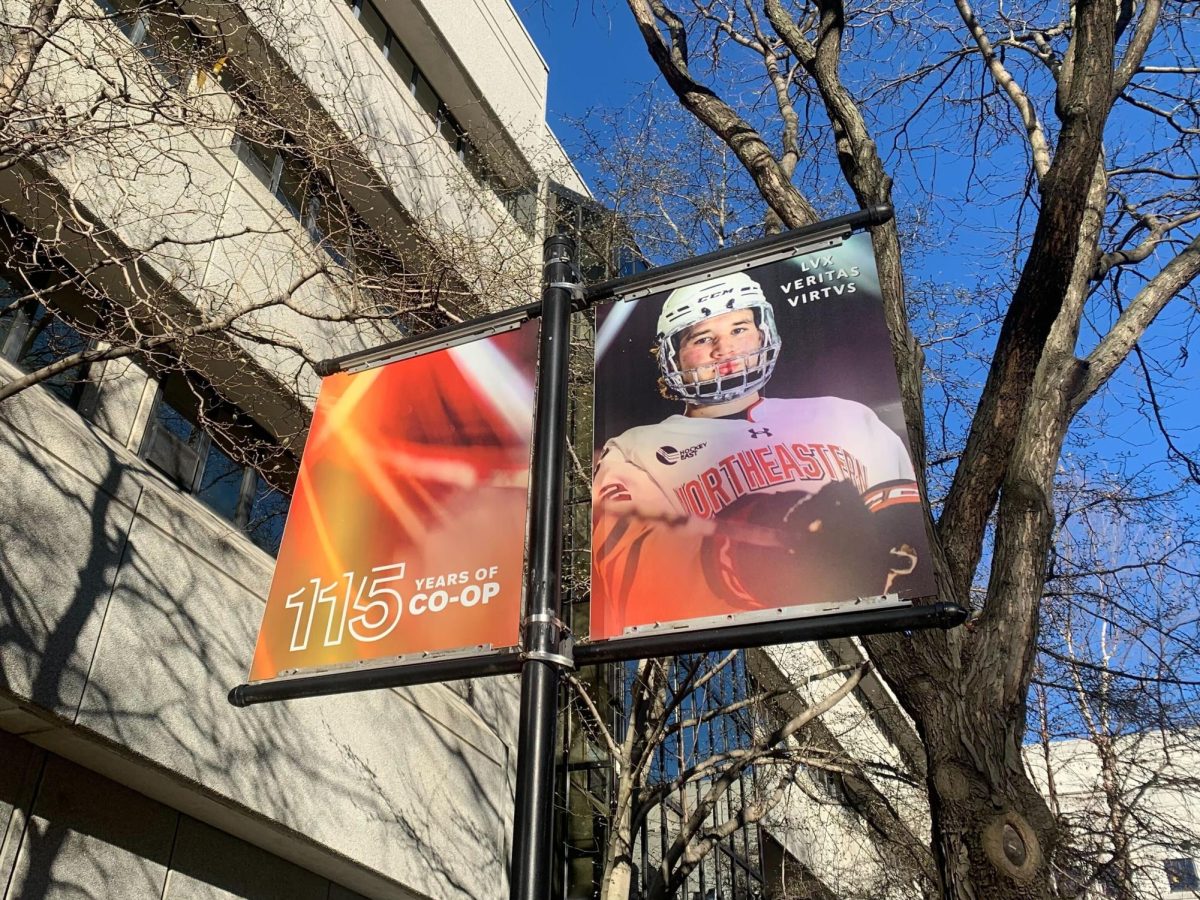By Morgan Lloyd, news staff
After an exhausting month-long application process and years of hard work in their fields, 10 Northeastern senior undergraduate students were rewarded with nominations to prestigious graduate school scholarships.
The list of Northeastern’s nominations for this year included the renowned Rhodes, Marshall, Fulbright and Mitchell scholarships, as well as the two newly-established Schwarzman and Knight-Hennessy scholarships. Each scholarship only allotted Northeastern a small number of student nomination slots at the national level, except the Fulbright scholarship, for which Northeastern could nominate every student who applied.
“I was very nervous, and put in a lot of work, but it was very gratifying,” fifth-year chemical engineering major Emma Kaeli said of her nomination for the Knight-Hennessy scholarship.
Each of the five scholarships covers the cost of attendance at the respective schools which established them in a multitude of different programs. The Rhodes scholarship is awarded by the University of Oxford, the Knight-Hennessy scholarship is awarded by Stanford University and the Schwarzman scholarship is awarded by Tsinghua University in Beijing. The Mitchell and Marshall scholarships were established by the US-Ireland Alliance and the United Kingdom Parliament, respectively, and pay for a student to study anywhere in Ireland or the U.K. The Fulbright program provides many different scholarship opportunities.
“I tutor in a bunch of classes, so I get to talk to a lot of first- and second-year students who are not confident in themselves yet. They think that this is not attainable. As long as you put in the effort and you draft and you re-draft, really anyone can do it.” —Emma Kaeli, fifth-year chemical engineering major
The application begins
The application process began in August, when students requested Northeastern’s nomination, which is necessary in order for a student to be considered on a national level.
“What they have to do for the Mitchell and Fulbright is they have to write a letter of recommendation that’s sort of a cover letter, that before they start viewing your application the school puts forth an endorsement,” fifth-year history major Gabrielle Ulubay said.
Ulubay received Northeastern’s nomination for both the Mitchell and Fulbright scholarships, and is still being considered by the Fulbright scholarship.
“I’m really honored,” Ulubay said of her nomination for the Mitchell Scholarship, though she is no longer being considered on a national level. “It’s obviously a really competitive scholarship and the school was great enough to attach their name to my application.”
Ulubay was among approximately 300 students whose applications made it it the national level for the Mitchell Scholarship, according to the US-Ireland Alliance, a non-profit organization seeking to maintain and improve relations between the US and Ireland.

Following the nomination process, students are interviewed by the scholarship committee for the awards they applied for over the course of a few months.
Contacting Northeastern’s fellowship office
At the same time they began to think about applying to graduate schools, the applicants began to fill out the work-intensive scholarship applications. Students hoping to be nominated scheduled an appointment with the Office of Undergraduate Research and Fellowships.
“The people there are really supportive and really great, but you do have to put the due work in,” Ulubay said.
That meant each student had to show the the fellowship office what they planned to discuss on their application, including all their interests and relevant past experiences. The office then helped applicants choose which scholarships would be the best fit for them to apply for.
Required: a well-developed resume
The qualifying work for these students began long before August. As fifth-year environmental science major Amina Ly described, in order to be a contender for prestigious graduate school scholarships, a student’s undergraduate record had to stand apart.
“The most important thing is to just find what you’re passionate about, and not what you think is going to look good,” Ly said. “If you care about something, you’re going to put more effort and more time into it.”
Ulubay emphasized the importance of following one’s interests.
“As a first- or second-year, what I would say is pursue all your passions,” Ulubay said. “If you’re passionate about it, or if you love it, even if there’s 15 things you feel that way about, pursue every single one of them.”
Letters of recommendation and essays
In addition to filling out the application, students had to secure letters of recommendation in August. Ulubay advised students to reach out to as many people as possible.
“If you need four letters, you don’t want to just ask four people,” Ulubay said. “Professors travel.”
Many of the applications also included statements of grant purpose and personal statements.
“It’s a really long application process,” said Ulubay. “For the Fulbright, I went to writing sessions for a month, and I know how to write. But you have to learn to write for what you’re doing.”
The difficult essay process did have its upsides, though. Completing the scholarship application process made applying to grad school seem much less difficult, said fifth-year criminal justice and psychology combined major Alex Velto, who was nominated for the Mitchell Scholarship.
“It did help me focus in on what I want to do,” Velto said. “Trying to revise my personal statement to make it personal was like pulling teeth at some points. I think that in the future that will really help me in the job hunt, grad school applications and things like that.”
In addition, University Scholars Program Director Jonna Iacono said the application helped students step back and contextualize their time at Northeastern.
“The question that always comes up is still, ‘Has anybody else won this? Can I do it?’” Iacono said. “What I always say is that I strongly encourage people who are interested in applying to apply. I feel that the application processes themselves are really valuable.”
But Kaeli said anyone willing to put in the work has a shot at the nomination.
“I tutor in a bunch of classes, so I get to talk to a lot of first- and second-year students who are not confident in themselves yet. They think that this is not attainable,” Kaeli said. “As long as you put in the effort and you draft and you re-draft, really anyone can do it.”









